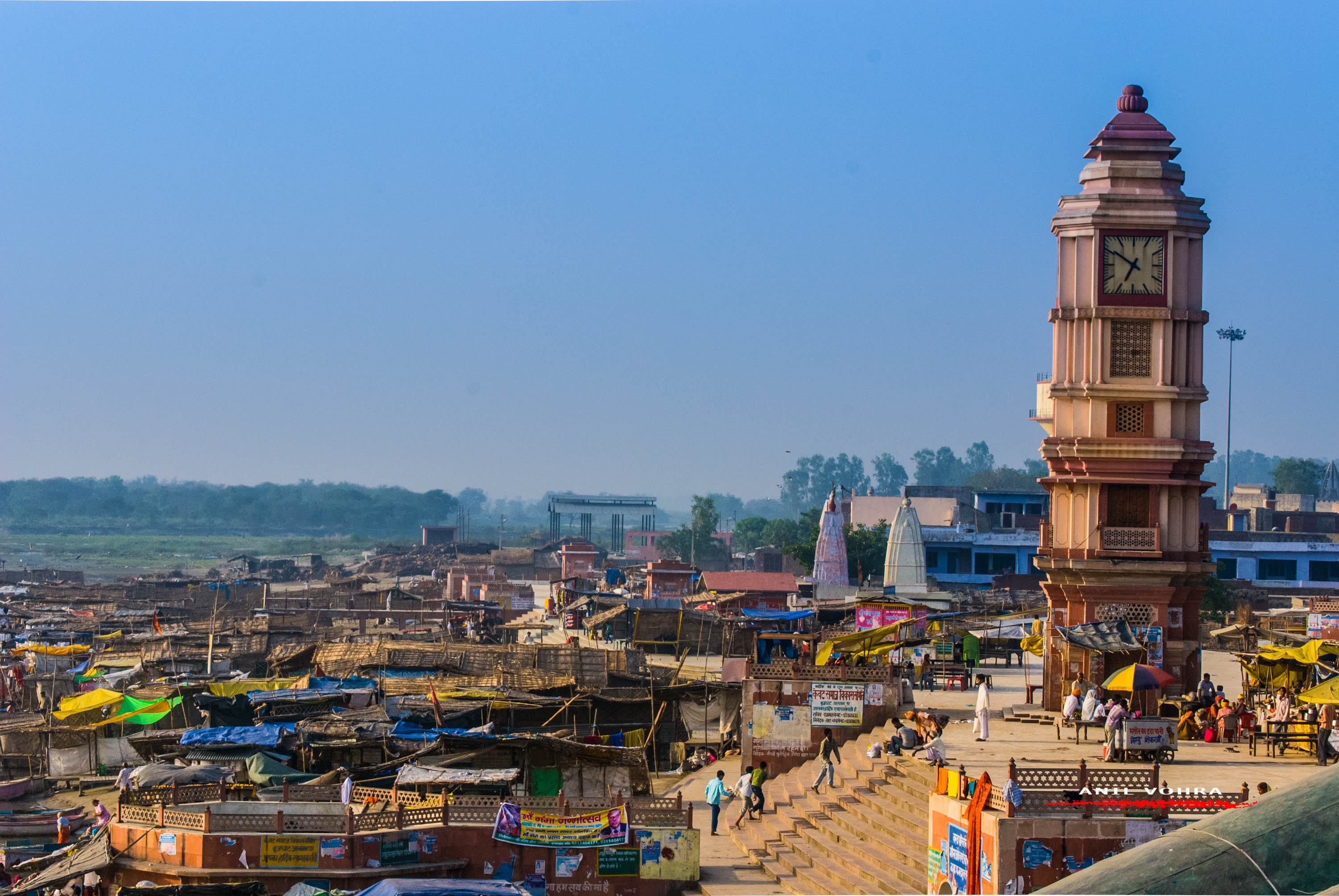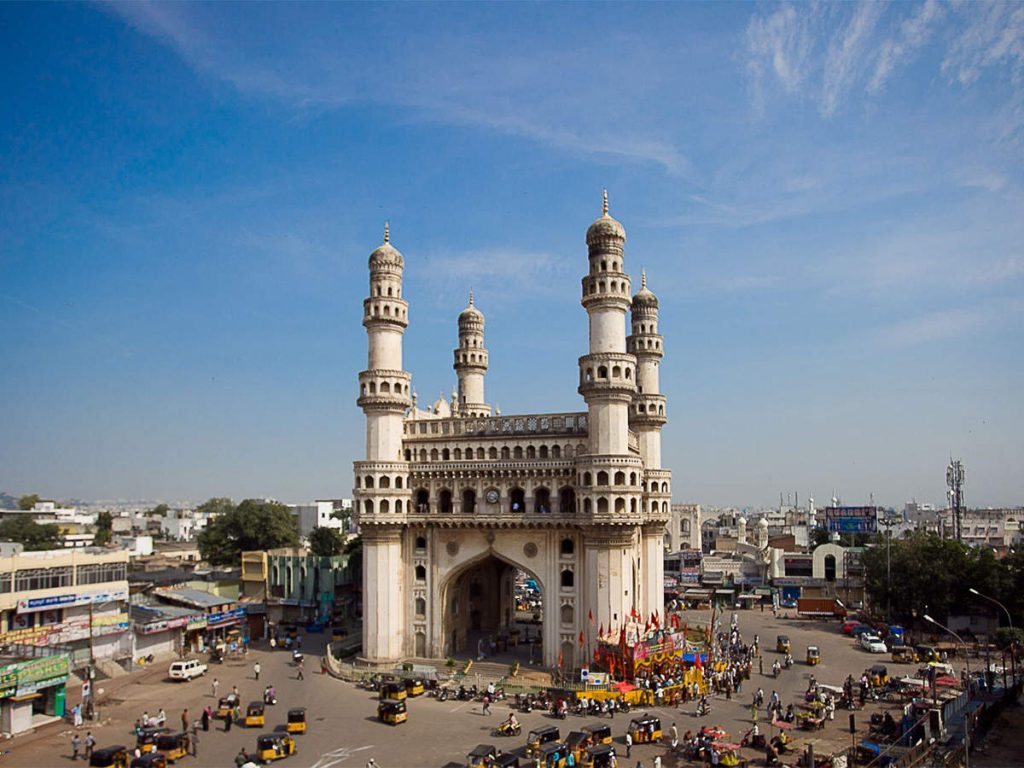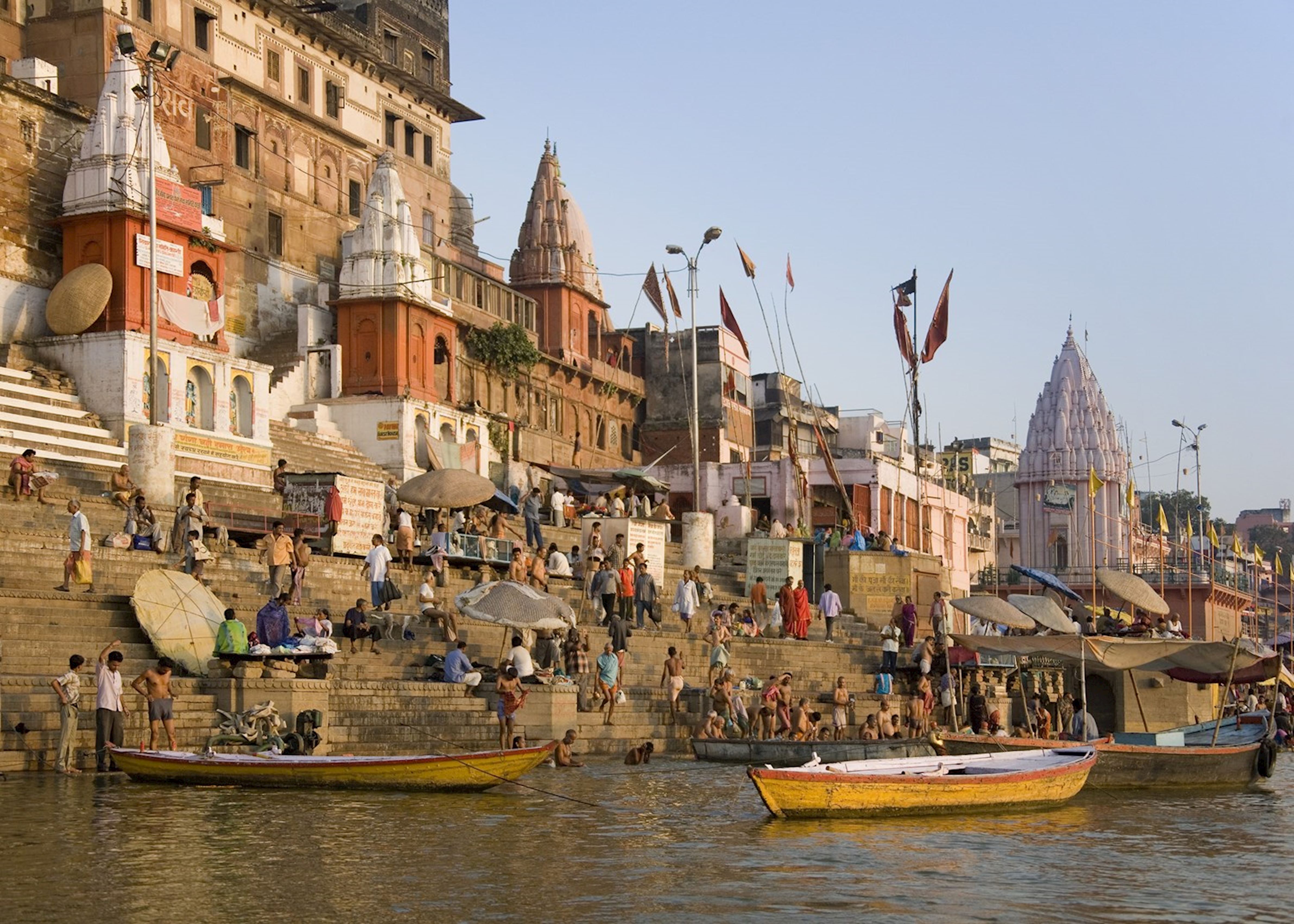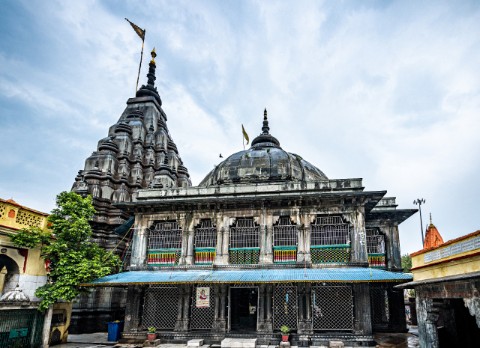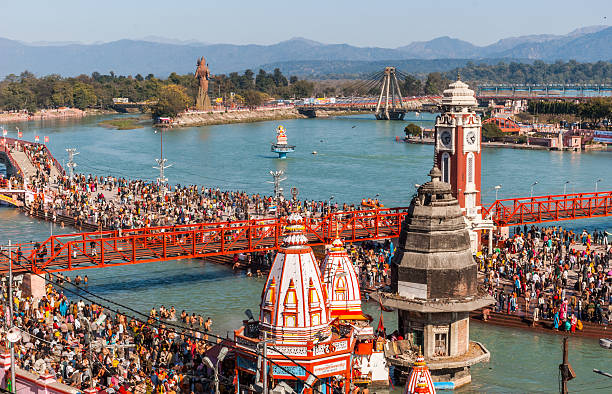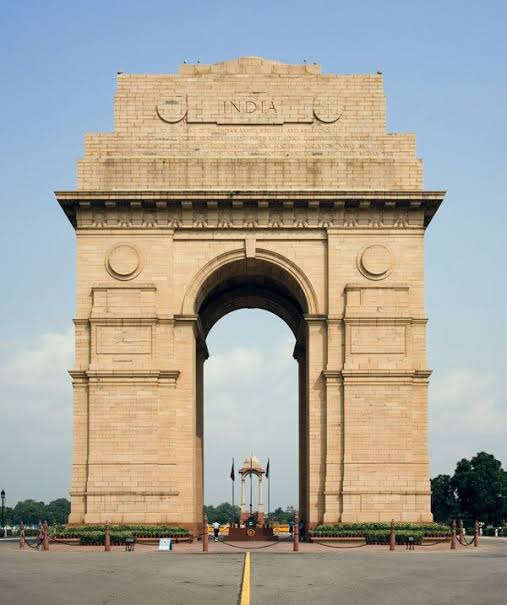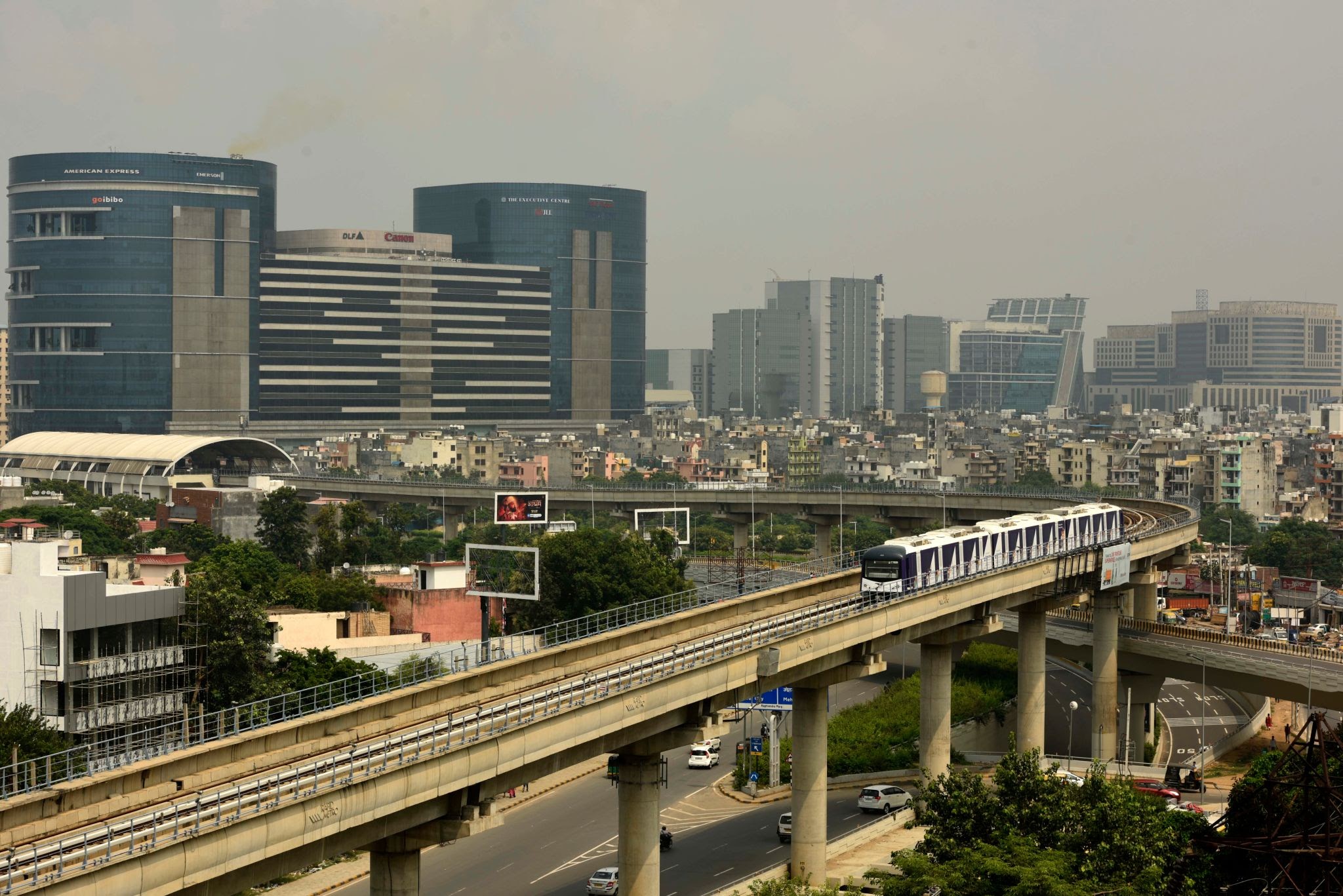Kali Pooja
Kali Pooja, also known as Shyama Puja or Mahanisha Puja, is a Hindu festival dedicated to the worship of Goddess Kali, the fierce and powerful form of the Divine Mother. Kali is often depicted with a dark complexion, a garland of skulls, and a sword, symbolizing her role as the destroyer of evil and protector of her devotees. Kali Pooja is primarily celebrated in the eastern states of India, especially in West Bengal, Assam, Odisha, and parts of Bihar, coinciding with the festival of Diwali.
Procedure
- Preparation and Decoration: Homes and temples are cleaned and decorated with flowers, rangoli, and lights. A special altar is prepared with an idol or image of Goddess Kali.
- Offerings (Prasad): Devotees offer fruits, sweets, rice, lentils, meat, fish, and sometimes alcohol. Flowers, incense, and lamps are also offered.
- Mantras and Chants: Recitation of specific mantras and hymns dedicated to Goddess Kali.
- Aarti: Performing the aarti (ceremonial worship with light) with lamps and camphor.
- Sacrificial Offerings: In some traditions, symbolic sacrifices are made. In ancient times, animal sacrifices were more common, but now they are often replaced with symbolic items like pumpkins or sugarcane.
- Midnight Pooja: The main rituals are often performed at midnight, symbolizing Kali’s association with dark, transformative power.
Benefits of Kali Pooja
- Protection from Negativity: Shielding oneself from negative influences and harmful energies.
- Spiritual Growth: Enhancing spiritual growth and awakening inner strength.
- Removal of Obstacles: Overcoming difficulties and obstacles in life.
- Health and Well-being: Attaining physical and mental well-being.
- Prosperity: Invoking blessings for prosperity and success.
- Karmic Cleansing: Cleansing of past karmas and sins.
How to Perform Kali Pooja
- Choose an Auspicious Day: Kali Pooja is typically performed during the new moon night (Amavasya) of the Hindu month of Kartik (October-November).
- Prepare the Altar: Set up an altar with an idol or image of Goddess Kali, decorated with flowers, lamps, and other offerings.
- Purification: Purify the space and oneself with holy water or Ganga jal.
- Invoke Goddess Kali: Begin by invoking Goddess Kali with prayers and mantras.
- Offerings and Prayers: Offer flowers, incense, lamps, fruits, sweets, and other items. Recite Kali mantras and hymns.
- Aarti: Perform the aarti with lamps and camphor, singing devotional songs.
- Midnight Rituals: Conduct the main pooja rituals at midnight, which may include special offerings and chanting.
- Conclude with Prasad: Distribute prasad (sacred food) to all participants at the end of the pooja.
Kali Pooja is a powerful and transformative ritual that invokes the fierce and protective energies of Goddess Kali, offering devotees a pathway to spiritual empowerment, protection, and inner transformation.
Pandit for Kali Pooja

Pandit Om Prakash Shastri
 Hindi, Sanskrit, English, Garhwali
Hindi, Sanskrit, English, Garhwali
 25 Years
25 Years
 Noida
Noida
 6326 Bookings
6326 Bookings

Pandit Dinesh Shastri
 Hindi, Sanskrit, Garhwali
Hindi, Sanskrit, Garhwali
 20 Years
20 Years
 Noida
Noida
 6128 Bookings
6128 Bookings
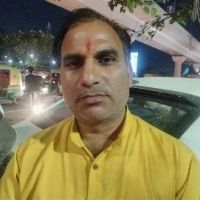
Pandit Prem Sharma
 Hindi, Sanskrit, English
Hindi, Sanskrit, English
 25 Years
25 Years
 Noida
Noida
 3093 Bookings
3093 Bookings

Acharya Gyan Prakash Shastri
 Hindi, Sanskrit, English, Punjabi
Hindi, Sanskrit, English, Punjabi
 30 Years
30 Years
 Noida
Noida
 8781 Bookings
8781 Bookings
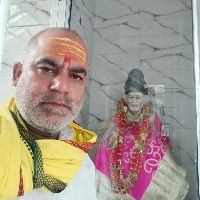
Pandit Ram Naresh Trivedi
 Hindi, Sanskrit
Hindi, Sanskrit
 25 Years
25 Years
 Noida
Noida
 6035 Bookings
6035 Bookings

Pandit Balaji Iyer
 Hindi, Sanskrit, English, Tamil
Hindi, Sanskrit, English, Tamil
 23 Years
23 Years
 Noida
Noida
 6254 Bookings
6254 Bookings
Customised pooja package
Which pandit to choose for your rituals? We can help you to decide for the best. Please share your details and our team will get back to you.

Pandit Roopnarayan Tiwari
 Hindi, Sanskrit
Hindi, Sanskrit
 25 Years
25 Years
 Noida
Noida
 7200 Bookings
7200 Bookings

Pandit Anil Shastri
 Hindi, Sanskrit, English
Hindi, Sanskrit, English
 13 Years
13 Years
 Noida
Noida
 9504 Bookings
9504 Bookings

Pandit Rajendra Nanda
 Hindi, Sanskrit, Bengali, Odia
Hindi, Sanskrit, Bengali, Odia
 35 Years
35 Years
 Noida
Noida
 6220 Bookings
6220 Bookings

Acharya Mahadev Shastri
 Hindi, Sanskrit, Garhwali
Hindi, Sanskrit, Garhwali
 35 Years
35 Years
 Noida
Noida
 3480 Bookings
3480 Bookings

Acharya Kuldeep Raturi
 Hindi, Sanskrit
Hindi, Sanskrit
 8 Years
8 Years
 Noida
Noida
 4094 Bookings
4094 Bookings

Pandit Vishnu Shastri
 Hindi, Sanskrit
Hindi, Sanskrit
 12 Years
12 Years
 Noida
Noida
 9004 Bookings
9004 Bookings
Customised pooja package
Which pandit to choose for your rituals? We can help you to decide for the best. Please share your details and our team will get back to you.

Shastri Sandeep Mohan
 Hindi, Sanskrit
Hindi, Sanskrit
 12 Years
12 Years
 Noida
Noida
 9034 Bookings
9034 Bookings
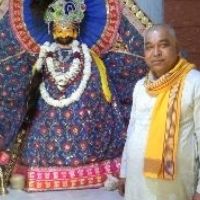
Pandit Ram Kumar Mishra
 Hindi, Sanskrit
Hindi, Sanskrit
 25 Years
25 Years
 Noida
Noida
 8106 Bookings
8106 Bookings

Pandit Dev Chandra Jha
 Hindi, Sanskrit, Bhojpuri
Hindi, Sanskrit, Bhojpuri
 20 Years
20 Years
 Noida
Noida
 3600 Bookings
3600 Bookings

Pandit Neeraj Mishra
 Hindi, Sanskrit
Hindi, Sanskrit
 15 Years
15 Years
 Noida
Noida
 9262 Bookings
9262 Bookings

Pandit Harendra Nathan Dubey
 Hindi, Sanskrit, Bhojpuri
Hindi, Sanskrit, Bhojpuri
 30 Years
30 Years
 Noida
Noida
 3009 Bookings
3009 Bookings

Pandit Santosh ji
 Hindi, Sanskrit, English
Hindi, Sanskrit, English
 15 Years
15 Years
 Noida
Noida
 4030 Bookings
4030 Bookings
Customised pooja package
Which pandit to choose for your rituals? We can help you to decide for the best. Please share your details and our team will get back to you.

Pandit Rajendra Prasad
 Hindi, Sanskrit
Hindi, Sanskrit
 25 Years
25 Years
 Noida
Noida
 9723 Bookings
9723 Bookings

Pandit Viswanathan G
 Hindi, Sanskrit, English, Tamil
Hindi, Sanskrit, English, Tamil
 25 Years
25 Years
 Noida
Noida
 4634 Bookings
4634 Bookings
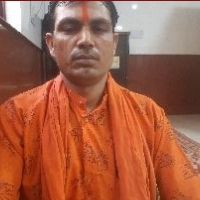
Pandit Vijay Kumar Pandey
 Hindi, Sanskrit, Manipuri
Hindi, Sanskrit, Manipuri
 14 Years
14 Years
 Noida
Noida
 5674 Bookings
5674 Bookings

Pandit Bhanu Sharma.
 Hindi, Sanskrit
Hindi, Sanskrit
 11 Years
11 Years
 Noida
Noida
 5197 Bookings
5197 Bookings

Pandit Amar Jha
 Hindi, Sanskrit
Hindi, Sanskrit
 12 Years
12 Years
 Noida
Noida
 7945 Bookings
7945 Bookings
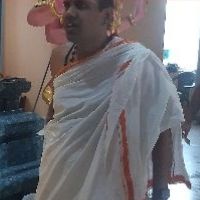
Pandit Mani Sharma
 Hindi, Sanskrit, Tamil
Hindi, Sanskrit, Tamil
 20 Years
20 Years
 Noida
Noida
 4157 Bookings
4157 Bookings
Customised pooja package
Which pandit to choose for your rituals? We can help you to decide for the best. Please share your details and our team will get back to you.
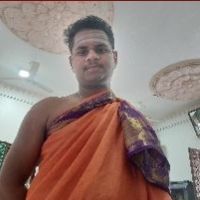
Pandit Naveen
 Hindi, Sanskrit, Kannada
Hindi, Sanskrit, Kannada
 5 Years
5 Years
 Noida
Noida
 3228 Bookings
3228 Bookings

Pandit Akshit Chaturvedi
 Hindi, Sanskrit, Marathi, Gujarati, Bengali, Manipuri, Bhojpuri
Hindi, Sanskrit, Marathi, Gujarati, Bengali, Manipuri, Bhojpuri
 7 Years
7 Years
 Noida
Noida
 8111 Bookings
8111 Bookings

Pandit Vinod Bhardwaj
 Hindi, Sanskrit, Garhwali
Hindi, Sanskrit, Garhwali
 15 Years
15 Years
 Noida
Noida
 8895 Bookings
8895 Bookings

Pandit Suraj Basliyal
 Hindi, Sanskrit, English, Punjabi, Garhwali
Hindi, Sanskrit, English, Punjabi, Garhwali
 10 Years
10 Years
 Noida
Noida
 5036 Bookings
5036 Bookings

Pandit Tribhuwaneshwar Prasad
 Hindi, Sanskrit, Punjabi, Maithili, Garhwali
Hindi, Sanskrit, Punjabi, Maithili, Garhwali
 25 Years
25 Years
 Noida
Noida
 7688 Bookings
7688 Bookings
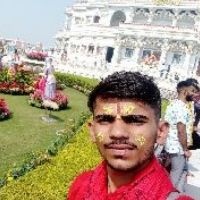
Pandit Murari Jha
 Hindi, Sanskrit, English, Maithili
Hindi, Sanskrit, English, Maithili
 5 Years
5 Years
 Noida
Noida
 6193 Bookings
6193 Bookings
Customised pooja package
Which pandit to choose for your rituals? We can help you to decide for the best. Please share your details and our team will get back to you.

Pandit Sonu Shukla
 Hindi, Sanskrit
Hindi, Sanskrit
 12 Years
12 Years
 Noida
Noida
 4715 Bookings
4715 Bookings

Pandit Mahesh Pathak Shastri
 Hindi, Sanskrit
Hindi, Sanskrit
 17 Years
17 Years
 Noida
Noida
 8039 Bookings
8039 Bookings
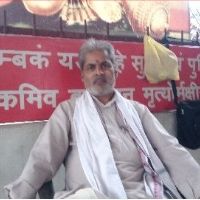
Pandit Manoj Jha
 Hindi, Sanskrit, Maithili
Hindi, Sanskrit, Maithili
 25 Years
25 Years
 Noida
Noida
 9807 Bookings
9807 Bookings

Pandit Shiv Pandey
 Hindi, Sanskrit, English, Bhojpuri, Garhwali
Hindi, Sanskrit, English, Bhojpuri, Garhwali
 14 Years
14 Years
 Noida
Noida
 5453 Bookings
5453 Bookings

Pandit Radha Raman Shukla
 Hindi, Sanskrit, Maithili
Hindi, Sanskrit, Maithili
 26 Years
26 Years
 Noida
Noida
 4197 Bookings
4197 Bookings

Pandit Awadh Kishore Tripathi
 Hindi, Sanskrit
Hindi, Sanskrit
 35 Years
35 Years
 Noida
Noida
 7498 Bookings
7498 Bookings
Customised pooja package
Which pandit to choose for your rituals? We can help you to decide for the best. Please share your details and our team will get back to you.

Pandit Shiv Shankar Pandey
 Hindi, Sanskrit, Bhojpuri
Hindi, Sanskrit, Bhojpuri
 21 Years
21 Years
 Noida
Noida
 8060 Bookings
8060 Bookings

Pandit Tularam Sharma
 Hindi, Sanskrit
Hindi, Sanskrit
 45 Years
45 Years
 Noida
Noida
 7434 Bookings
7434 Bookings

Pandit Dayaram Mishra
 Hindi, Sanskrit
Hindi, Sanskrit
 20 Years
20 Years
 Noida
Noida
 7852 Bookings
7852 Bookings

Pandit Dev Prasad Shastri
 Hindi, Sanskrit, Bengali, Assamese
Hindi, Sanskrit, Bengali, Assamese
 29 Years
29 Years
 Noida
Noida
 9483 Bookings
9483 Bookings

Pandit Ramnarayan Trivedi
 Hindi, Sanskrit
Hindi, Sanskrit
 30 Years
30 Years
 Noida
Noida
 7876 Bookings
7876 Bookings

Pandit Sanjay Joshi
 Hindi, Sanskrit, English, Punjabi, Garhwali
Hindi, Sanskrit, English, Punjabi, Garhwali
 12 Years
12 Years
 Noida
Noida
 9626 Bookings
9626 Bookings
Customised pooja package
Which pandit to choose for your rituals? We can help you to decide for the best. Please share your details and our team will get back to you.
Pooja's FAQ
Goddess Kali is a powerful and fierce form of the Divine Mother in Hinduism. She is often depicted with a dark complexion, multiple arms, and a garland of skulls. Kali is associated with destruction, transformation, and protection.
Kali Pooja is a worship ceremony dedicated to Goddess Kali. Devotees perform rituals, offer prayers, and seek the blessings of Kali during this event. It is often associated with the removal of negative forces and the triumph of good over evil.
Certainly, you have the flexibility to alter the date and time of the pooja. Kindly get in touch with POOJAT customer care for coordination.
After booking a pooja with a pandit or temple, you will receive the pandit's contact number in the booking section. Feel free to reach out to confirm details and discuss any specific requirements
Kali Pooja is commonly celebrated during the festival of Diwali, especially in the eastern parts of India, such as West Bengal and Assam. However, specific dates may vary, and some devotees may choose to perform Kali Pooja on other auspicious occasions.
Rituals may include the recitation of Kali mantras, offering of flowers, fruits, and sweets, performing aarti (ceremonial worship with light), and sometimes animal sacrifices (though this practice is less common today). Devotees may also engage in meditation and prayer.
Kali Pooja is generally open to all individuals who wish to worship Goddess Kali. It is not restricted to specific communities, and devotees from various backgrounds participate in the worship.
Yes, there are several mantras dedicated to Goddess Kali. The most well-known is the "Kali Maa Chalisa," and the "Durga Saptashati" also contains a section dedicated to Goddess Kali.
Kali Pooja has its unique rituals and focuses on invoking the fierce and protective aspects of the Divine Mother. While there may be similarities with other forms of worship, the specific mantras, rituals, and symbols associated with Kali distinguish it.
Kali Pooja has its unique rituals and focuses on invoking the fierce and protective aspects of the Divine Mother. While there may be similarities with other forms of worship, the specific mantras, rituals, and symbols associated with Kali distinguish it.









